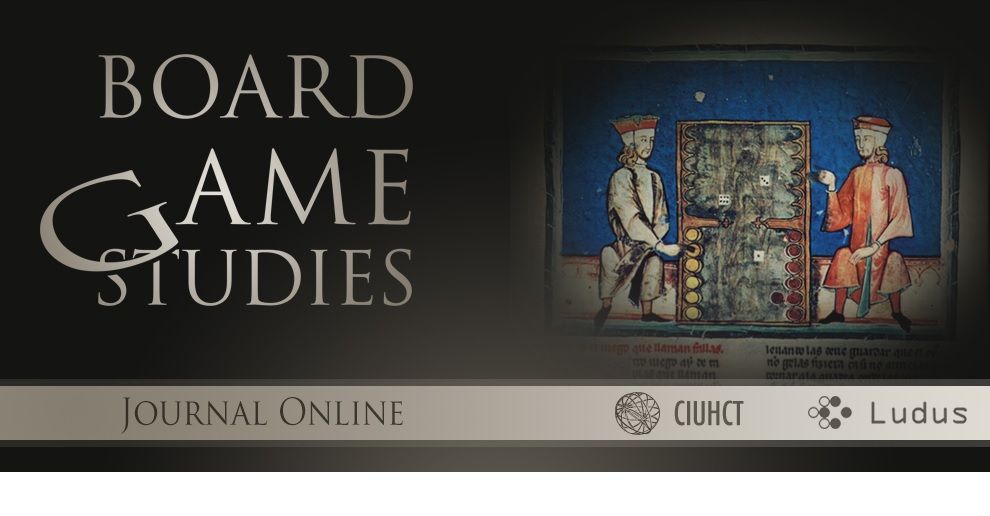
Article Details
 Version for online viewing
Version for online viewing
 Version for printing
Version for printing
| Title |
| On game psychology: an experiment on the chess board/screen, should you always "do your best"? |
| Authors |
| Emanuel Gluskin |
| Abstract |
It is noted that allowing, by means of some specic "unreasonable" moves, a chess program to freely occupy the centre of the board, greatly weakens the program's ability to see the serious targets of the game, and its whole level of play. At an early stage, the program underestimates the ability of the opponent, and by some not justied attack (advance) loses time and helps the other side to reach it in the development. Weak coordination of Program's gures, caused by quick advance of these gures, is also obvious at this stage. On a larger scale, the Program is taken out of its library by the unusual start and has diculties to return to it, often continuing to play indecisively during many of the following moves. Direct use of these diculties of the program, and the background psychological nuances, make the play more scientically attractive and the competition scores gained against the "machine" are also dramatically increased. The present work is not intended to advance chess learning in the sense of chess art per se, but rather to better (more widely) put this game in the general scope of one's intellectual inter- ests. This means some general reflections of the problem of keeping/having serious game targets in view of human psychology and education, and the associated modelling, by means of the "unsuccessful" (just as we are) chess programs, of what can happen in the world of human relations and competitions. It is suggested that programs be created with dierent weaknesses in order to model wrong human behaviour. The aspect of competition is also respected, and a specic variation of the game, named "Corrida", based on some variants of the performed experiments is suggested. |
| Keywords |
| Game psychology; Children education; Chess "corrida", Program's frame; Challenge for the Player; Challenge for the Programmer; The idea of Alyochin's defence. |
| Milestones |
| Published: 2014/02/21 |
| Author Details |
| Emanuel Gluskin gluskin@ee.bgu.ac.il Kinneret College in the Jordan Valley (Sea of Galilee) 15132 Israel http://www.ee.bgu.ac.il/~gluskin/ |